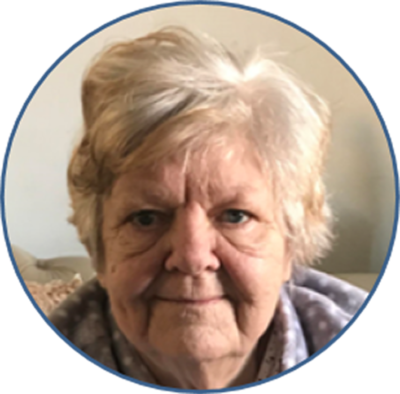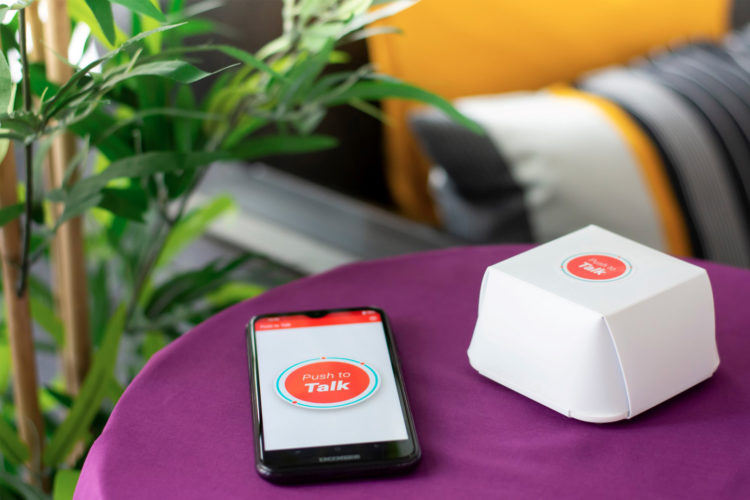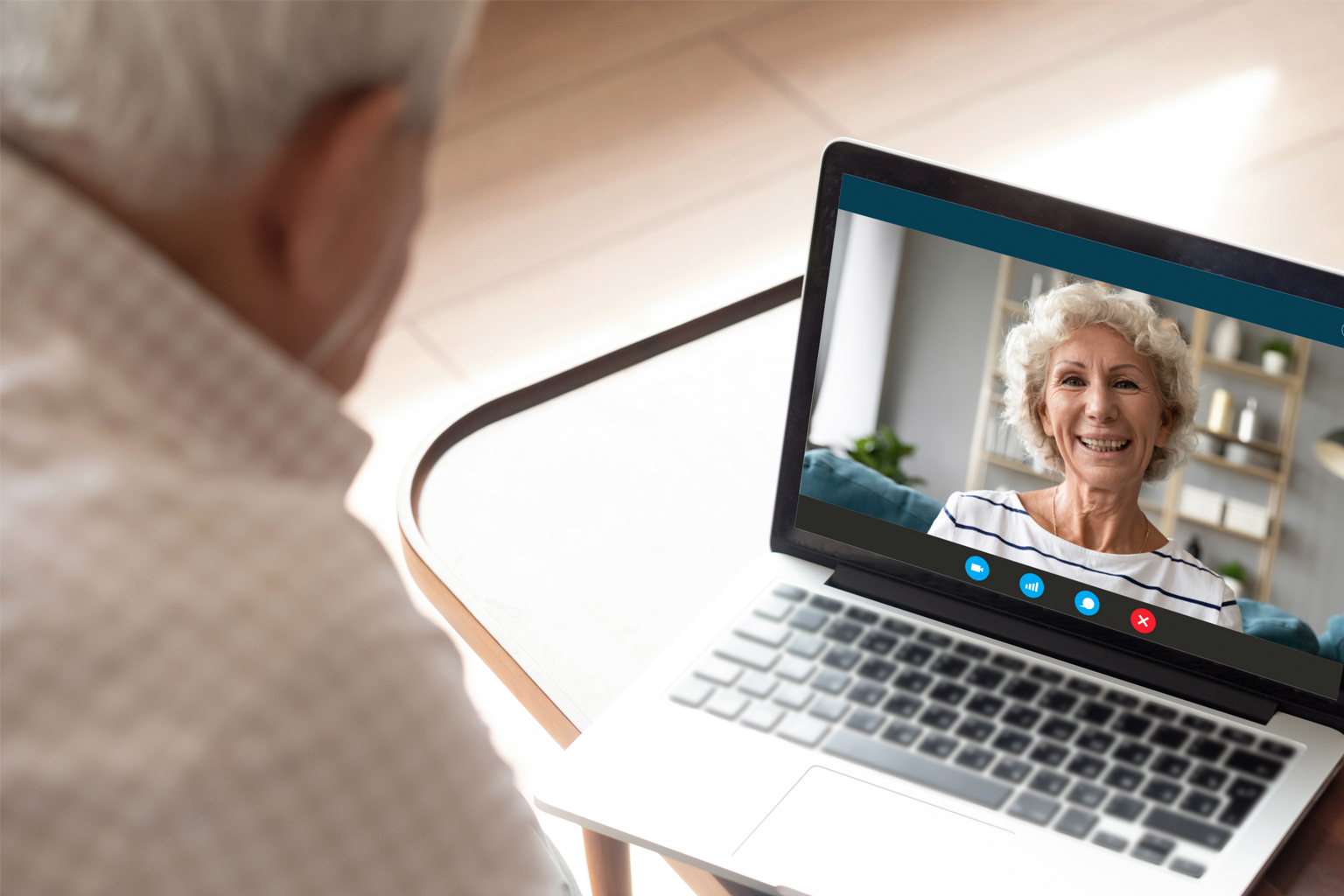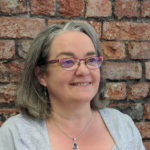We became part of the DCMS Testbed & Trials Programme in March 2018 delivering the Liverpool 5G Health and Social Care Testbed. This project highlighted the barrier that digital poverty had on both care providers and residents who would benefit from technology in the home, but did not have access to affordable connectivity. Our testbed was not a standalone pilot, it was part of a gradual movement to introduce more technology into existing social care services.
Setting up the Network
Our Testbed established a private 5G small cell mesh network in the Kensington area of Liverpool, a model which proved to be more affordable to deliver good connectivity to its users that were more prone to being digitally excluded. The technology used was an innovative combination of the City’s CCTV fibre assets and street furniture, Blu Wireless’s tailored 60GHz mm-Wave technology, WiFi and a low-power wide-area network protocol (LoRAWAN). This was a novel approach to planning to achieve affordable coverage, using a licence-free spectrum and existing public-service fibre infrastructure.
The private network provided free community connectivity to people taking part in the Liverpool 5G Health and Social Care project. As 5G has the ability to process larger amounts of data than a 4G network, this can allow us to monitor multiple functions simultaneously, without delays. As a result, we considered introducing high data usage technologies for health and social care services without concerns over data costs.

For example, out of 90 users in the trial , Peggy, who is housebound, used the PAMAN device, a 4K video link to a pharmacy service that monitors medication adherence. She said: “I’m not very good at technology, but I can easily press a button which is all I have to do. I can just about work my TV remote! At my age, we don’t do technology, really, but it’s great to hear that Liverpool is the first place to be trying out these new things. It’s great how technology can really help people.” The remote video link enabled Peggy to use the technology easily and ensured her medication was taken on time, without the physical presence of a carer or nurse.
During our trial, we provided local immediate response to any network issues, given the service level required to monitor people’s health in the community. Throughout the initial testbed, we also trialled technologies to combat loneliness using a “Push To Talk” device, which enabled 60 users to stay connected with others. Overall, our Testbed proved the technology and the use cases made a positive impact on existing services and, more importantly, people’s lives.
Responding to the challenges of COVID-19
Our initial project had just finished when COVID-19 was developing. Before the pandemic, we often found it difficult to get the message across that digital poverty can have a direct impact on citizens’ health and wellbeing and, therefore, widen health inequalities. Since March 2020, Covid19 has shown that a good internet connection is a basic utility for all. The need for remote health consultation in both primary and secondary care, as well as providing remote wellbeing checks in social services, rely on both parties having a reliable internet connection.
For example, a care home on our private network had many of its residents isolating in their rooms during the lockdown. They continued to use the network to keep in touch with loved ones and keep occupied. It was easier to ensure the residents stayed in their rooms as they felt connected to the outside world and reduce the risk of being exposed to COVID-19. Our “Push To Talk” device was offered to more family carers through the Liverpool Carers Centre, where users felt particularly isolated and under great strain. They found the peer support invaluable during the lockdown.

Going Forward
The most significant learning for our project relates to connectivity costs and, in light of COVID-19, the demand for reliable and affordable connectivity to bridge the digital divide is greater than ever. Our local community health service currently has 6000 telehealth monitoring devices in people’s homes and plans to increase to 16000 by April 2021. The rise of data usage has also significantly increased during COVID-19. Before the pandemic, one of our local NHS Trusts was using a 200mb link with 50%-80% utilisation for NHS traffic over internet links. During the height of the pandemic, this was increased to a 1GB link and, post pandemic, the requirement is expected to be a 10GB link. Mobile usage had also increased from 4TB (terabytes) data to 14TB per month. This significant data usage comes at an increased cost.
If we look ahead into a post COVID-19 world, we can see:
- Remote services are becoming the new normal at a much faster pace than we ever anticipated. This will lead to increased connectivity costs for health and social care services that are not sustainable and alternative models have to be considered to disrupt the current market.
- For individuals, we have to ensure that digital poverty can be reduced to lower social, economic and health inequalities.
There is a role for private 5G networks to play in addressing these challenges delivering cost effective public services.

We have now been awarded DCMS funding to develop our work under a new phase: Liverpool 5G Create – Connecting Health and Social Care. This project enables us to expand our existing private network and introduce small mobile cellular capability. We will be using the network to provide connectivity for existing and new services. Our aim is to develop a model for other public bodies to establish private networks, with cost effective connectivity for public bodies and enabling residents to access services freely.
Between now and March 2022 we will be developing our network and look forward to sharing the findings widely. You can find out more on our website: https://liverpool5g.org.uk/
Written by Rosemary Kay – Liverpool 5G Testbed Project Director and Ann Williams – Liverpool City Council Adult Social Care.
 Department for Culture, Media and Sport
Department for Culture, Media and Sport
